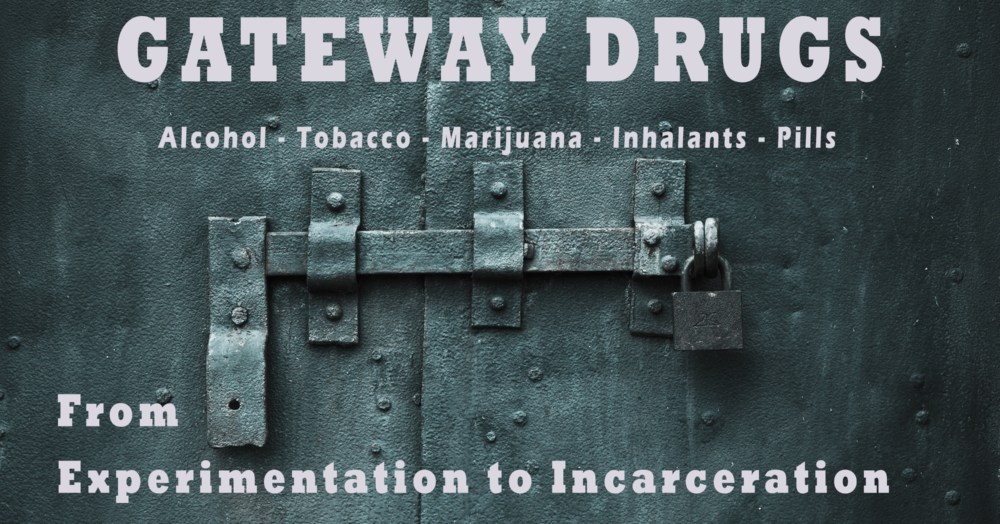Relationships, school stress, and work worries are the usual suspects that mess with our minds, but hey, sometimes it’s the sneaky world around us that’s pulling the strings. Brace yourself because these four sneaky culprits might just be playing mental health hide-and-seek with you at this very moment! Here are 3 things that likely affect your mental health.
The first culprit is technology. If you are occupying your time on the World Wide Web then guess what? It is affecting your mental health. You can soak up knowledge, stay connected to health providers, and catch up with loved ones. This brings a mix of perks and pitfalls. Being overwhelmed with gloomy news and never-ending drama can turn anyone’s mood into a wilted flower, sparking worries about what’s around the corner. Did you know that nearly 60% of young adults (ages 18-25) are seriously fretting about the future of our planet? Social media can stir up FOMO (fear of missing out), the blues, and a dip in self-confidence. Plus, with work emails popping up after hours, thanks to remote work, it’s like the line between work and play got very blurry.
The second culprit has to do with social drivers. Social drivers of health are like the backstage crew of your well-being, shaping your health behind the scenes. From where you hang your hat to the goodies in your fridge, these sneaky influencers like economic status, education, and even your neighborhood can have a far-reaching impact on your mental health. And let’s not forget the star of the show – the economy, stealing the spotlight in this health drama! Research shows a strong connection between worrying about money and mental distress, and salaries can’t seem to keep up with rising inflation and cost-of-living expenses. A 2023 Gallup poll found that 42% of Americans are worried that they don’t have enough money to pay their normal monthly bills.
The last culprit is loneliness. Recent survey findings reveal that over half of adults in the United States (58%) experience feelings of loneliness, especially among low-income individuals, young adults, parents, those from underrepresented racial groups, or individuals living with mental health conditions, who report even higher rates of loneliness. Loneliness is linked to an increased risk of anxiety and depression and has connections to psychosis and dementia. Research indicates that minimal social interaction can have a lifespan impact similar to smoking almost a pack of cigarettes daily or struggling with alcoholism, and is twice as detrimental as obesity.
WHAT CAN YOU DO IF THE WORLD IS WEIGHING ON YOU? Find your support system, set tech limits and boundaries, change what you can and don’t concern yourself with what you can’t, and find healthy coping skills. If you have no idea how to do the above suggestions then find a local counselor that can help. Seeking professional help for mental health shows strength and offers support to manage life’s stressors. Counselors or therapists can help identify issues and coping strategies.
Karla Meeks – Marketing Manager for the Mental Health Clinic of Greenville
Drug-Free Greenville Board Member
